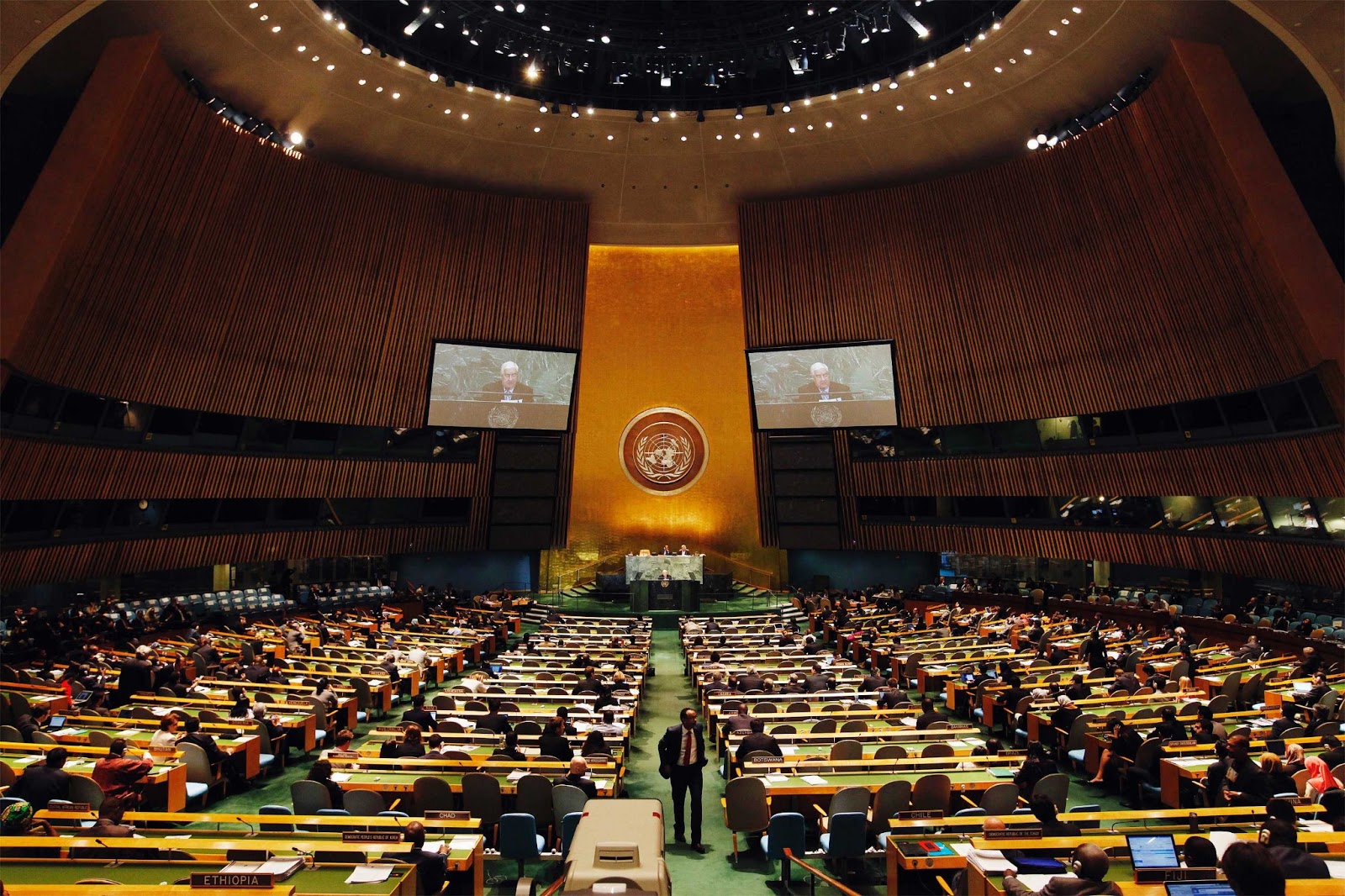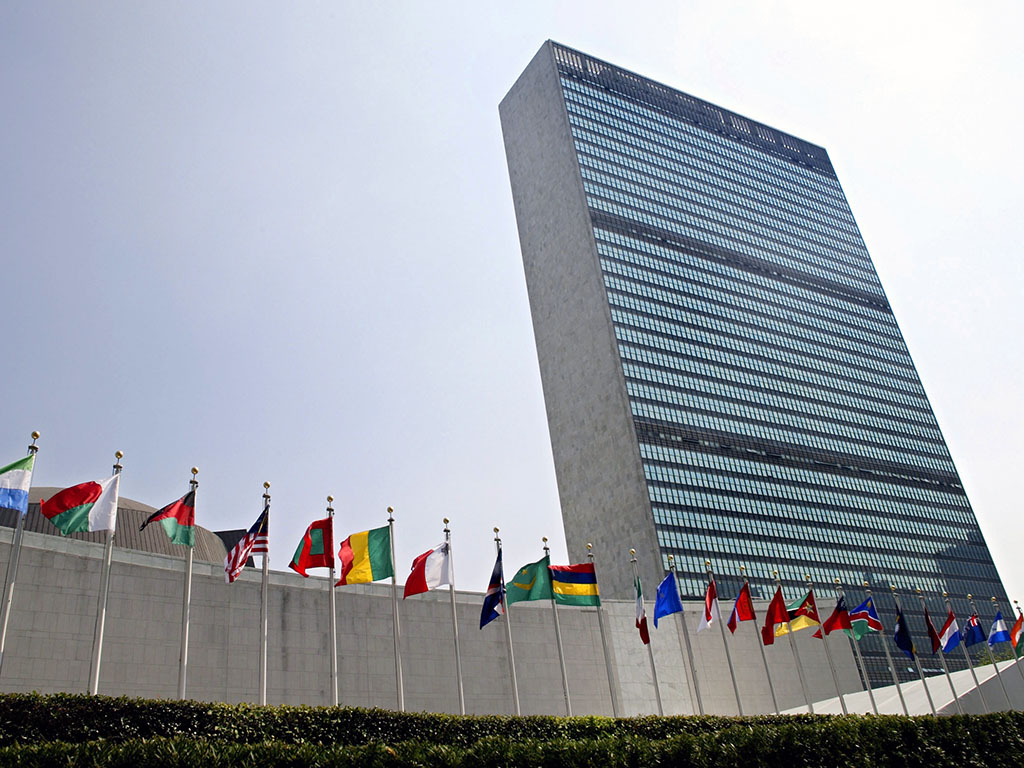Vice-Chair of the CDP moderated the lab and presented key findings of the recent analysis of the VNR reports conducted by the CDP, outlining which groups are among those furthest left behind
Committee for Development Policy (CDP)
Chair of the CDP presented key findings of the recent analysis of VNR reports conducted by the CDP

CDP Chair introduced the Committee’s 2018 report, focusing on the CDP’s findings on “Leaving no one behind”

CDP Vice Chair participates as lead discussant and talks about the analysis of the CDP on VNRs finding the lack of LNOB implementation strategies

CDP Secretariat participates in the event on 16 July

The CDP participated at various events during ECOSOC's 2018 HLPF

The event provides an opportunity for LDCs to learn from each other’s best practices and identify effective policy options for accelerated implementation of the IPoA

Voluntary national reviews (VNRs), are an important innovation as a United Nations process for follow up to the adoption of development agendas. The paper analyses how countries addressed three key cross-cutting issues of the 2030 Agenda for Sustainable Development in the VNRs submitted in 2017: leaving no one behind; addressing trade-offs through policy integration; and pursuing global partnership as means of implementation. While the VNRs contain already many interesting examples as basis for mutual learning and sharing of, the paper also identifies a need for more attention to these issues and more explicit discussions on strategies for their implementation.

We examine globalization's effects on those left behind in both industrial and emerging markets. While access to global markets has lifted billions out of poverty in emerging markets, the benefits have not been equally shared. Increased competition through globalization as well as skill-biased technical change has hurt less educated workers in rich and poor countries. While much of the rising inequality is often attributed to globalization alone, a brief review of the literature suggests that labor-saving technology has likely played an even more important role. The backlash has focused on the negative consequences of globalization in developed countries, and now threatens the global trading system and access to that system for emerging markets. We conclude by proposing some solutions to compensate losers from the twin forces of technical change and globalization.
 Welcome to the United Nations
Welcome to the United Nations